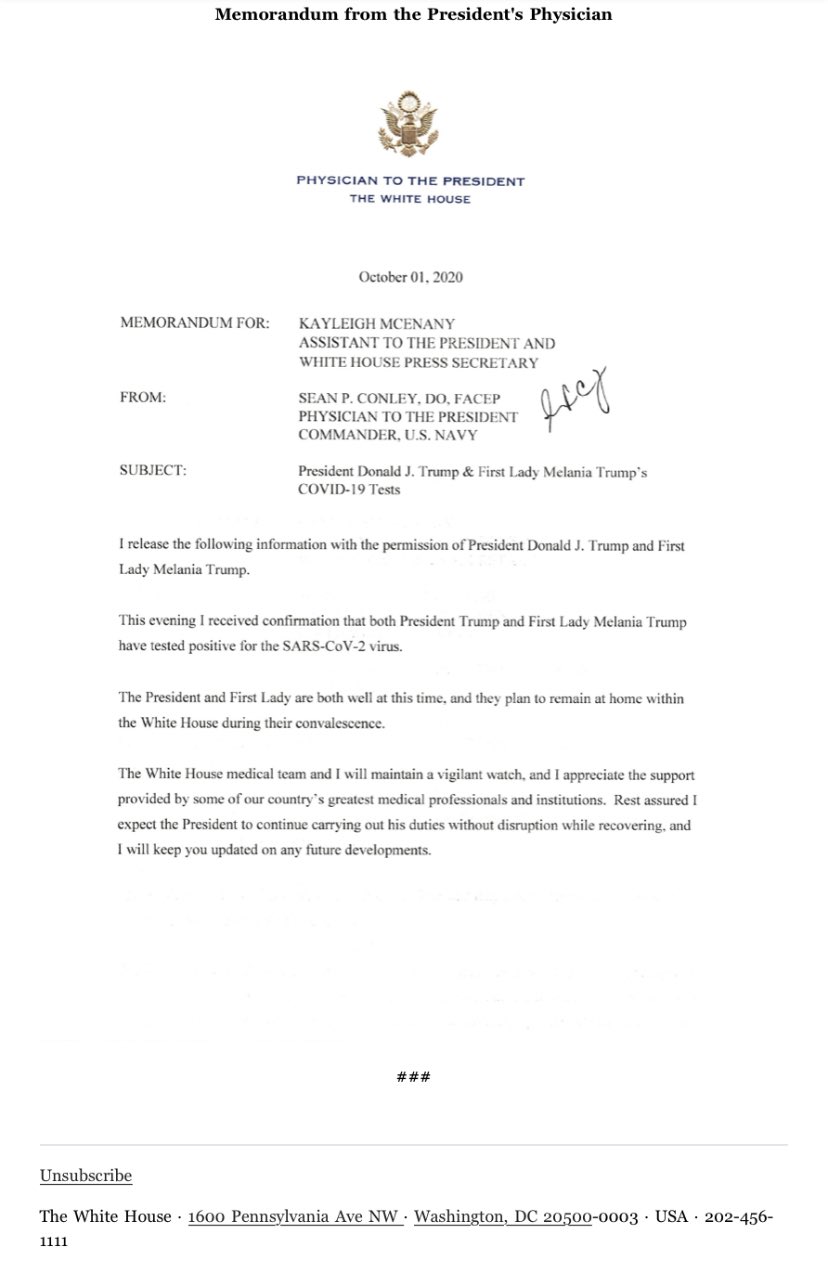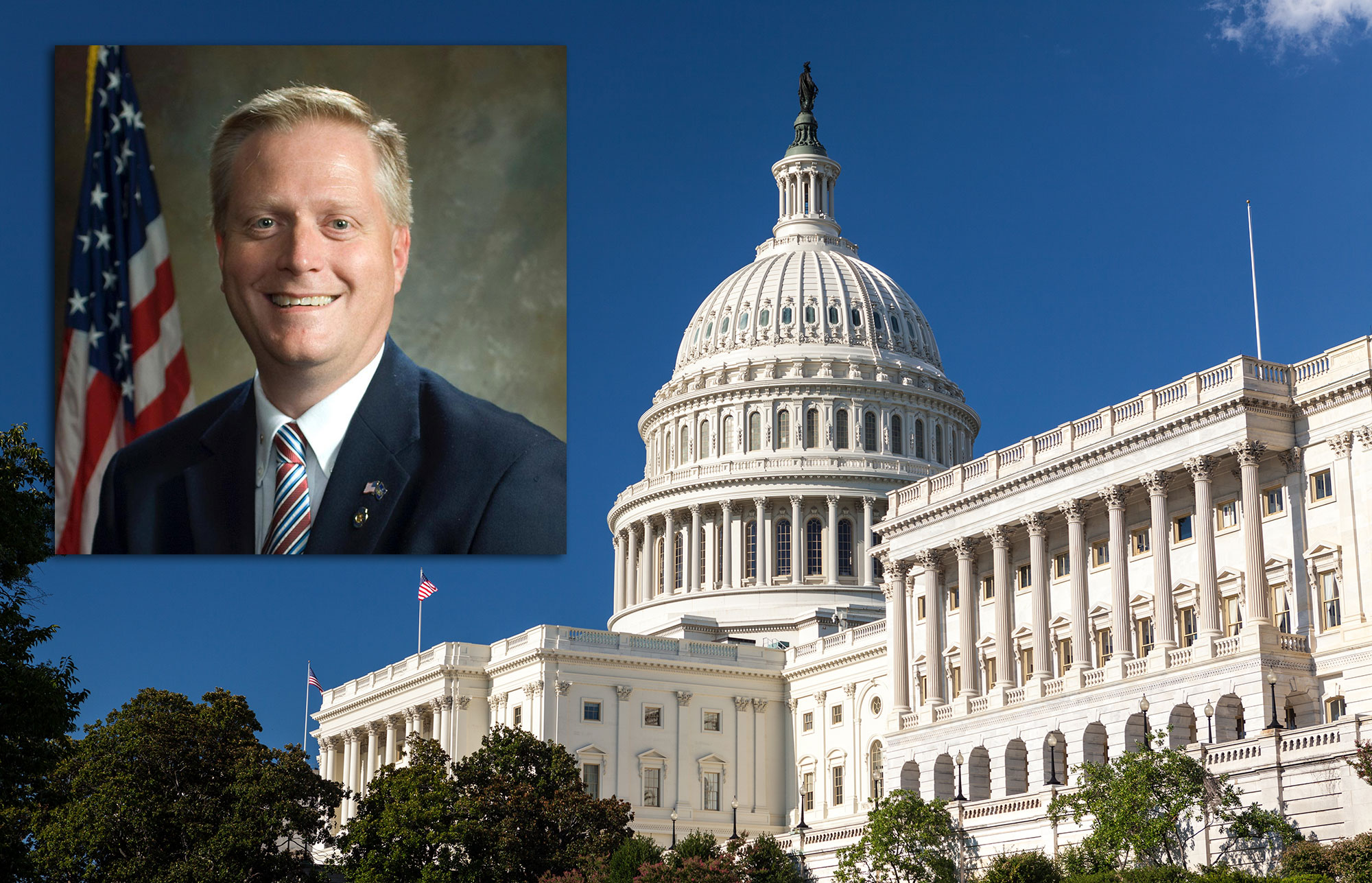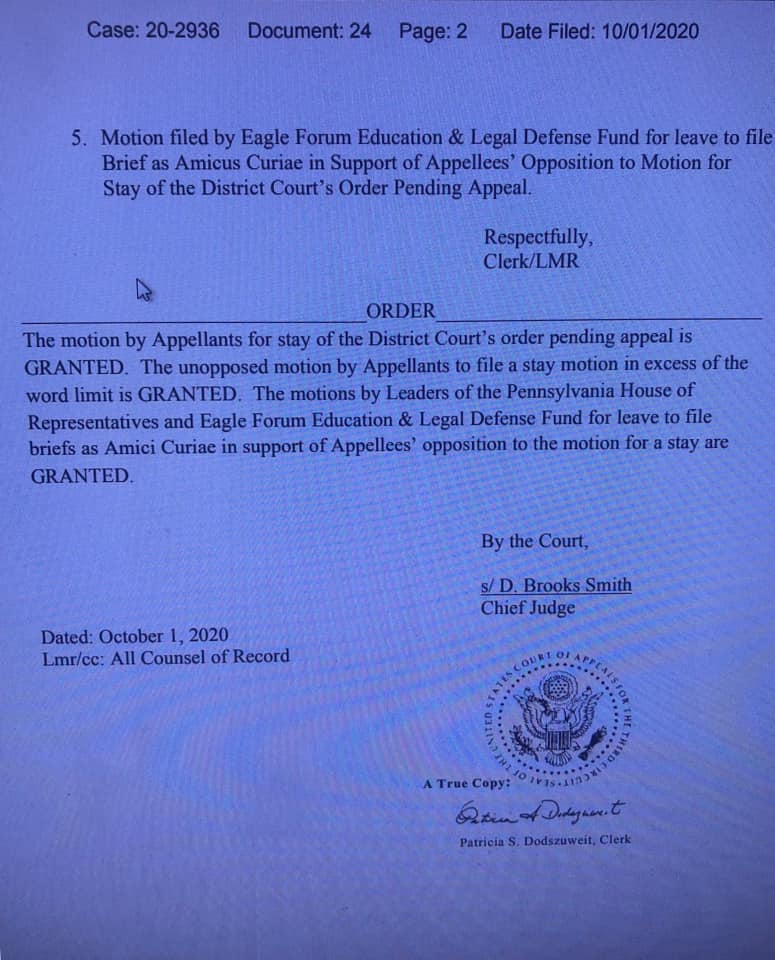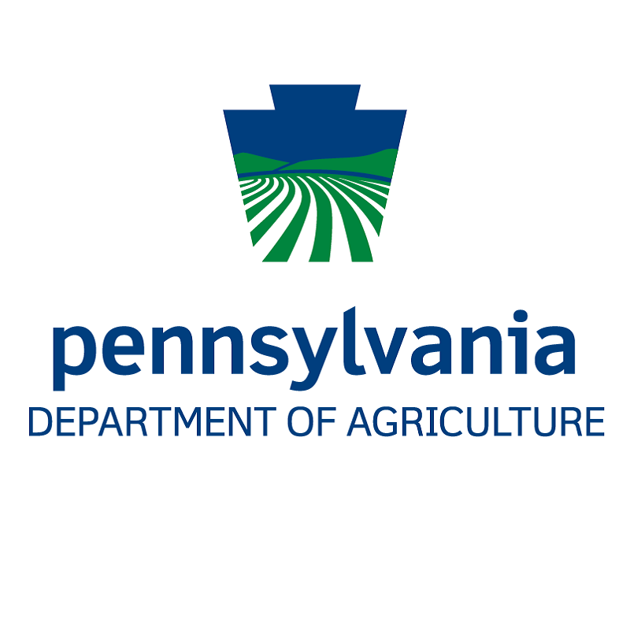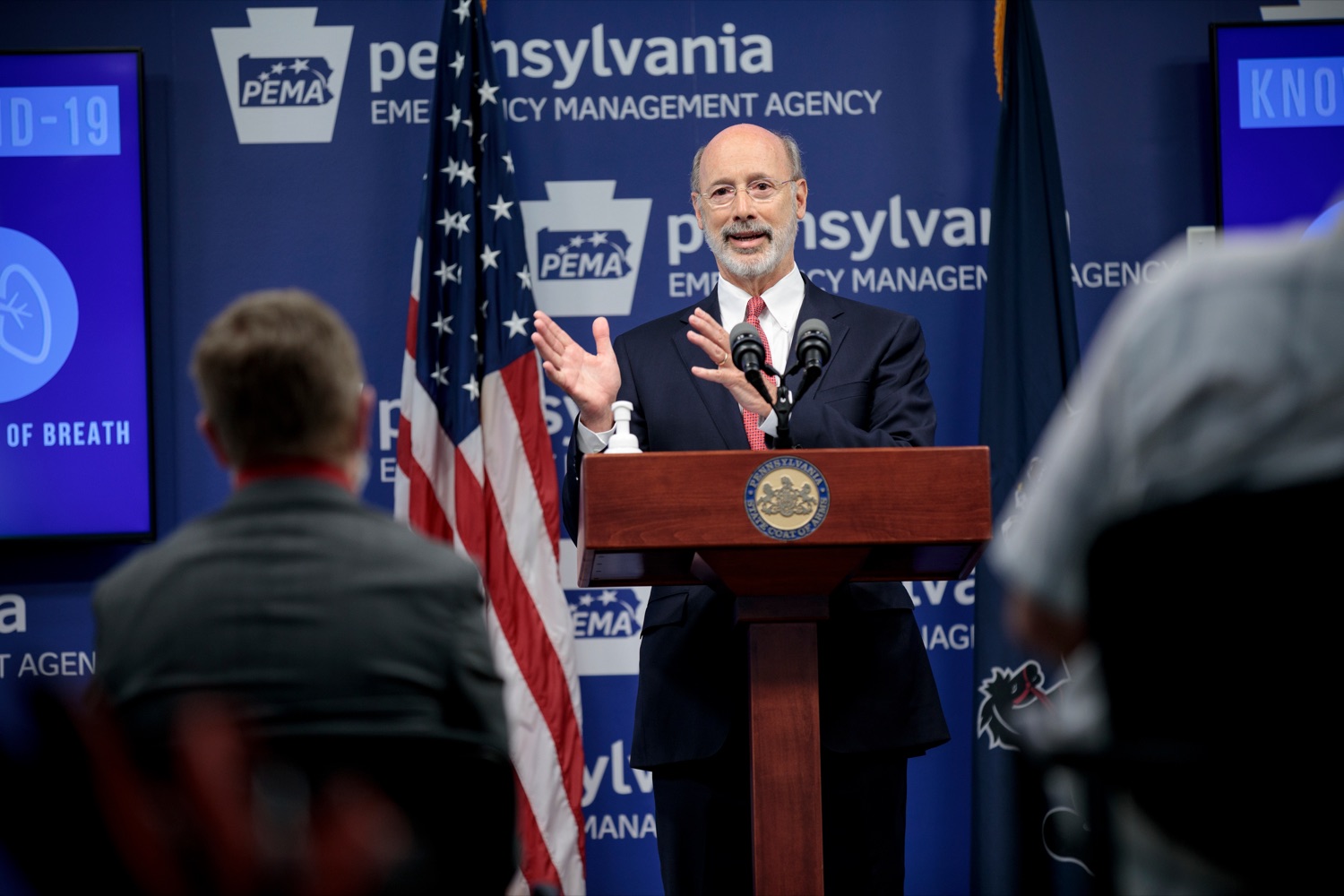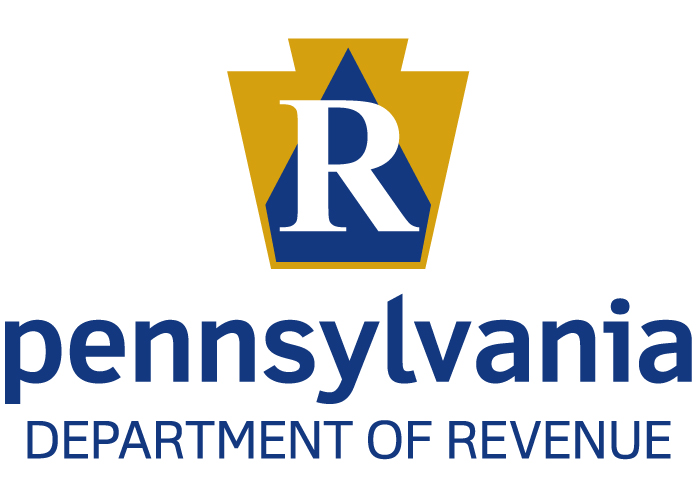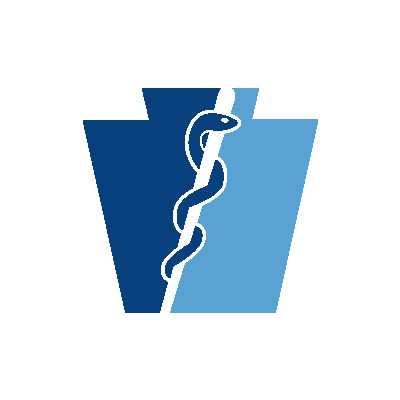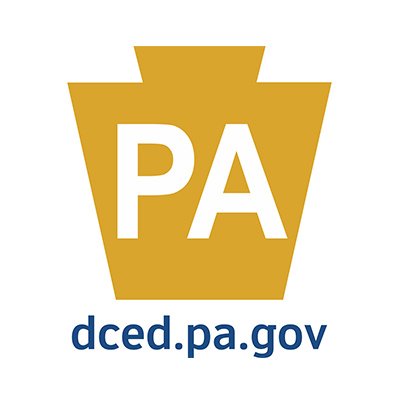In the early hours of Friday morning, President Trump tweeted he and First Lady Melania had tested positive for COVID-19.
Tonight, @FLOTUS and I tested positive for COVID-19.
We will begin our quarantine and recovery process immediately. We will get through this TOGETHER!
— Donald J. Trump (@realDonaldTrump) October 2, 2020
Late Thursday, it was announced Hope Hicks, adviser to President Trump tested positive for COVID-19.
Contact tracing has begun and President Trump tweeted he and First Lady Melania will quarantine and being the recovery process in the White House residence.
The Physician to the President released a memo early Friday morning:
#DEVELOPING
 Photo Courtesy: SKYNEWS
Photo Courtesy: SKYNEWS